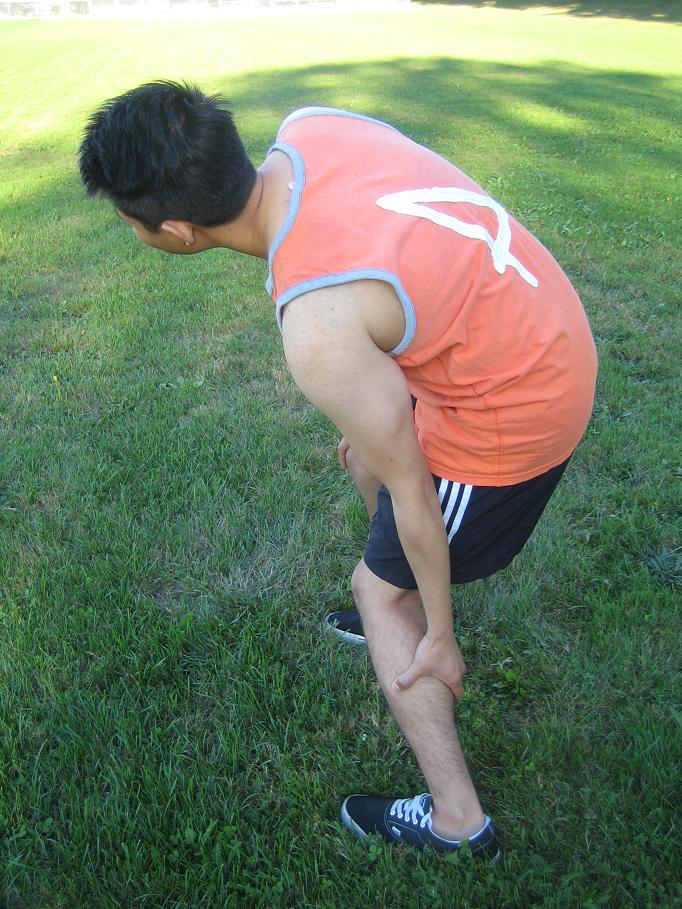The femoral nerve is responsible for conducting nerve impulses from the leg up to the spinal cord. It is comprised of both sensory and motor nerve fibers. The motor nerves supply the extension muscles which enables the legs to straighten at the knees. As for the sensory nerves, they receive input from the anterior of the thigh and lower leg which allows the brain to detect pressure or pain.
Damage to the femoral nerve can affect the ability of the individual to walk properly. There are several factors that can lead to femoral nerve damage that you should be familiar with.
Direct trauma
Sustaining a direct injury is one of the typical causes of femoral nerve damage. Take note that this often occurs due to fractures on the pelvis from a fall or during a vehicular accident.
The femoral nerve departs the spinal cord between the inferior lumbar vertebrae and descends in the anterior part of the pelvis to supply the front region of the leg. Due to its closeness of the pelvis, it is prone to injuries once the pelvic bones are broken or fractured.

Compression
Pressure placed on the femoral nerve can lead to damage to the insulating layer that is responsible for protecting the nerve which is called the myelin sheath. In some cases, the pressure can damage the fibers of the nerves itself, thus preventing sufficient conduction of the nerve impulses.
The femoral nerve can end up compressed due to the pressure from a muscle or due to the presence of a tumor in the neighboring tissues.
Ischemia
Ischemia is characterized as lack of blood flow to the tissues of the body that need oxygen. If oxygen is not delivered, the cells can become damaged or eventually die. Certain conditions that cause a reduction in the flow of blood such as impingement of the blood vessels can lead to ischemia that impairs the femoral artery.
Systemic conditions
Various conditions can trigger damage to the nerves all over the body including the femoral nerve. A common example is diabetic neuropathy among those who have diabetes.
The presence of excess blood sugar in the body causes damage to the nerves and blood vessels. This triggers the development of symptoms such as numbness, muscle weakness, difficulty walking and pain in the appendages.
Complications after surgery
Undergoing pelvic surgery that involves the structures close to the femoral nerve can oftentimes result to damage. There are cases in which surgery to the lower lumbar spine led to femoral nerve palsy. In addition, the placement of a catheter into the femoral artery can also damage the femoral nerve in some cases.

